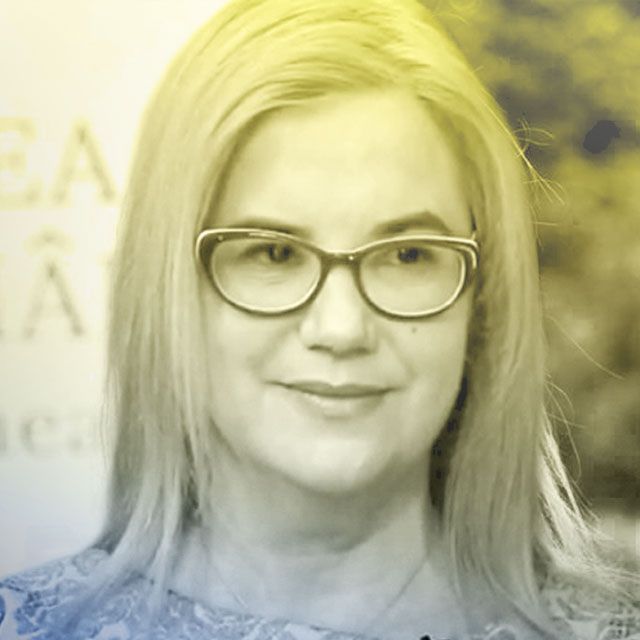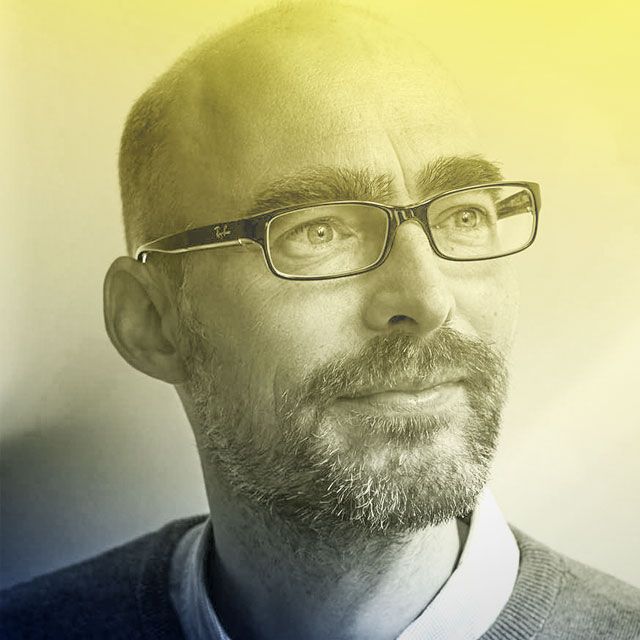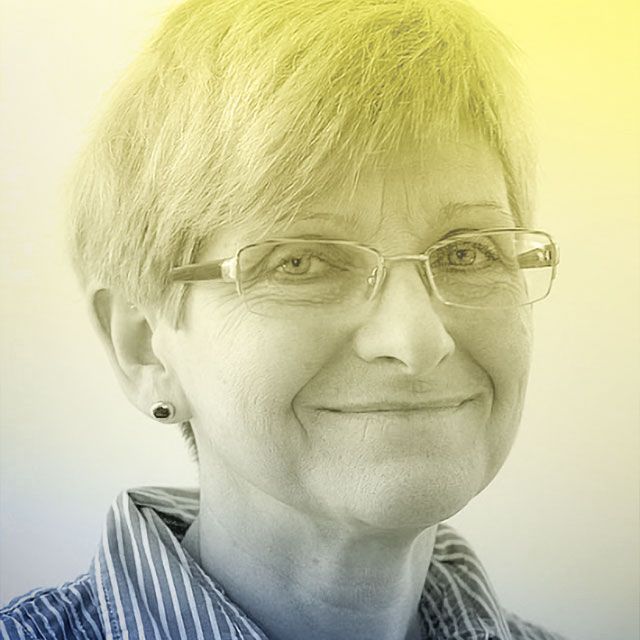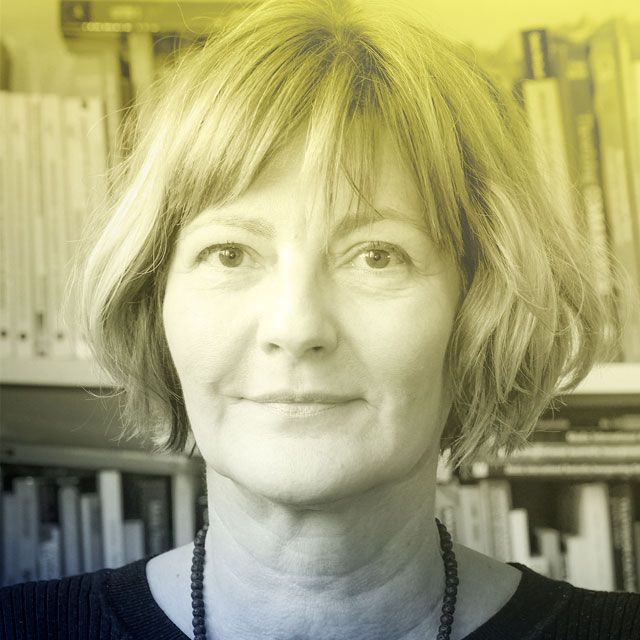13th CEECOM CONFERENCE
NEW
Communication
Revolution
22-23.10.2021 KRAKÓW
Keynote Speakers
Short Program
The Time Zone of CEECOM 2021 is the Central European Summer Time (CEST), i.e. 2 hours ahead of Coordinated Universal Time (UTC).
OCTOBER 22, 2021 (Friday)
12.30-12.45 Opening of the conference
- Representatives of the Jagiellonian University
- Chair of the ECREA's CEE Network
- President of the Polish Communication Association (PTKS)
- Representatives of the Diplomatic Corps in Krakow
12.45-13.00 About CEECOM
13.00-15.00 Keynote speakers
- Convenor: Malgorzata Winiarska-Brodowska (Jagiellonian University, Poland)
Speakers in Alphabetical order:
13.00-13.30 Keynote address
Alina Bârgăoanu
National University of Political Studies and Public Administration, Romania
Global narratives, local adaptations. The case of pandemic conspiracy narratives crossing the public spaces in Central and Eastern Europe
The COVID-19 pandemic has been accompanied by massive waves of false or misleading information, rumours, conspiracy theories, pseudo-scientific claims about treatments or vaccines, what is generally designated with the term “infodemic”. This paper is premised on the idea that the national public spaces in Central and Eastern Europe have largely followed the global patterns, narratives and even vocabulary of disinformation, with local adaptations in order to resonate with pre-existing political, social and cultural features of each particular country. Besides, many of the global conspiracy narratives crossing Central and Eastern Europe are not new, have been dormant and recycled in the context of the COVID-19 pandemic. They are likely to survive the current pandemic and linger in the public space until the next crisis. Hence, the stake of identifying local manifestations of global conspiracy narratives is manifold: building a reservoir (“bank”) of debunks that other experts can use in order to check a transnational claim and preparing for the next big wave of global disinformation, when these narratives are likely to be recycled again.
13.30-14.00 Keynote address
Michael Brüggemann
University of Hamburg, Germany
Discursive Polarization in the Debate on Climate Change
Polarization is a major challenge for democracies, particularly in some countries in Central and Eastern Europe. To a certain degree, polarization may be part of any democratic process, but it becomes harmful, when decision- and policy-making about fundamental issues becomes impossible.
In my talk, I will take one of the most important issues facing humanity, climate change, as a case study of how a debate may or may not polarize to the degree that it becomes intractable, comparing a case of extreme polarization, the United States, and one case of moderate polarization, Germany, drawing on a selective review of recent empirical studies in the field.
In the first step, I will introduce discursive polarization as a framework to analyze polarization from a journalism and media studies perspective: i.e. studying how polarization is emerging in mediated public communication. I will be looking at both social media networks and journalism as arenas of communication with certain affordances and dynamics that may facilitate polarization. Discursive polarization is operationalized as a multidimensional process that may, ultimately, split up the public sphere as common space of communication in a democratic society. While polarization may be measured and may emerge in discourses, it is driven by constellations of actors and their strategies in dealing with social problems that are being pursued within the structures of today’s digitally networked media system.
In a second step, I will explore what we know empirically about the discursive polarization of debates related to a sustainable transformation of society, taking climate change as a case study. The United States provides a well-researched example of an elite-driven process in a country with deep social divisions. Yet, polarization is enhanced by a bias of both journalism and social media networks to circulate extreme views thus creating a self-fulfilling vision of a society that is falling apart.
In the third step, I ask: Is Europe on the same trajectory as the United States and what could we do about it? More research is by all means necessary, but some tentative conclusions can already be drawn from looking at the case of Germany: both the media system and the political system have, thus far, contained polarization around climate change, but persistent extreme networks of counter-publics thrive online. The major challenge of distributive conflicts about how to transform society towards sustainability lie ahead. A discussion about how to avoid going down the path outlined by the case of the United States is therefore worthwhile, also in those European countries, where climate change, thus far, was not one of major dividing lines of societies.
14.00-14.30 Keynote address
Bogusława Dobek-Ostrowska
University of Wroclaw, Poland
Media Systems in Central and Eastern Europe. Three Decades After the Communism: Closer or Further to Democracy?
The collapse of communism in 1989 changed deeply the map of Europe. The third wave of democratization included Central and Eastern part of this continent, which was controlled after the second world war by Soviet Union, or, in a case of Yugoslavia, by communist leaders as Tito, after the Tito-Stalin split. Nowadays, there are twenty one countries, which we call Central and Eastern Europe, which are in a different place in the process of democratization. Some of them try to build democratic standards, other reject them.
After three decades of changes in the region, three groups of them have disclosed. Firstly, there are eleven members of European Union. Secondly, eight Balkan states and two post-Soviet Union republics (Moldova and Ukraine), which are still in a long political transition. Thirdly, two former post-Soviet Union republics (Russia, Belarus) are authoritarian states. Each of twenty one countries, although located in this same geographical region, they have a different political history and democratic experience (or its lack), poor or better condition for development of civil society.
The role of public media in politics in CEE countries is an ongoing question. It is unknown whether they can survive in the saturated market, and if so, in what form. We can presume that the politicians will lose their monopoly and control over them, which will cause politicization to disappear, as politicians will no longer be able to influence the media content. Such a perspective seems to be closest to the countries included in the Hybrid Liberal and Northern models, such as in Baltic states. But, entrenched journalism in public media will not be eliminated, and strong political instrumentalization, partisanship, and structural bias will not only persist but will be strengthened. Commercial media will distance themselves from politics, and the horse-race coverage and escapism will become their most convenient strategy.
14.30-15.00 Keynote address
Zrinjka Peruško
University of Zagreb, Croatia
The Communication Critical Juncture: The Shape of “Hybrid” Media Systems in CEE
How media systems change is perhaps one of the most important questions of communication research, especially in localities, like the Central and Eastern Europe, where change was volatile and not unidirectional but included both advancements and regressions. While the answer is certainly complex, clearly the change was not/ is not, monocausal, but the result of a combination of social, political, economic, cultural and technological conditions and practices in specific historic contexts. Change is also not linear, but only happens after the conditions for change occur within various (and historically determinable) critical junctures. While in the past the critical junctures shaping media system developments in CEE were predominantly political, this region is today, together with the rest of the “western” world, in the middle of a communication critical juncture that is changing not only the relationships of power within the communication field, but is also changing the political and economic fields and social relations more generally. This “communication revolution” that is shaping the present critical juncture, is allowing us to change the institutional make-up and the relationships in the media and communication systems and in society. The paper examines several of the key, already visible, dimensions, of this change.
15.00-15.15 Break
15.15-19.00 Special panels
15.15-16.45 ECREA's CEE Network
CEE Network – its origin, development and future
(see details)
- Panel Chair: Lenka Vochocová (Charles University, Czech Republic)
Guests:
- Irena Reifová (Charles University, Czech Republic)
- John Downey (Loughborough University, UK)
- Dina Vozab (University of Zagreb, Croatia)
16.45-17.00 Break
17.00-18.00
Polish Communication Association (PTKS)
Social communication and media studies in Poland – heritage and future (see details)
Panel Chair: Iwona Hofman (President of the Polish Communication Association)
Guests:
- Bogusława Dobek-Ostrowska (University of Wrocław, Poland)
- Teresa Sasińska-Klas (Jagiellonian University, Poland)
- Jadwiga Woźniak-Kasperek (University of Warsaw, Poland)
- Stanisław Jędrzejewski (Kozminski University, Poland)
- Katarzyna Kopecka-Piech (Maria Curie-Sklodowska University, Poland)
18.00-19.00
Central European Journal of Communication (CEJC)
Scholarly Journals in Central and Eastern Europe: Collaborative Practices to Support Knowledge Exchange
- Panel Chair: Michał Glowacki (Central European Journal of Communication, Poland)
Guests:
- Viktorija Car (Medijske Studije, Croatia)
- Marton Demeter (KOME – An International Journal of Pure Communication Inquiry, Hungary)
- Anna Gladkova (The World of Media, Russia)
- Magdalena Hodalska (Zeszyty Prasoznawcze, Poland)
- Elena Negrea-Busuioc (The Romanian Journal of Communication and Public Relations, Romania)
- Sergei Samolenko (Communication Association of Eurasian Researchers, CAER)
- Agnieszka Stępińska (Central European Journal of Communication, Poland)
19.00-19.30
Com.press – scientific journal
Scientific journals for young scholars in Central and Eastern Europe: experience and challenges
- Panel Chair: Dominika Popielec (Com.press, Poland)
- Com.press editors
Guest:
- Yordan Karapenchev (Sofia University St. Kliment Ohridski, Bulgaria)
OCTOBER 23, 2021 (Saturday)
9.00-18.30
Parallel thematic sessions
I 9.00-11.00
11.00-11.15 Break
II 11.15-13.15
13.15-14.15 Lunch break
III 14.15-16.15
16.15.-16.30 Break
IV 16.30-18.30
18.30-18.45 Break
18.45-19.00
Announcement of the next CEECOM conference
19.00-19.30 Closing of the conference
Saturday – morning session (9.00-11.00)
Panel with practitioners
Broad-, narrow- and egocasting. How does mediamorphosis affect the work of journalists? Discussion with representatives of Polish media
Chair: Slawomir Doległo
Special Panels
CEE Network – its origin, development and future
Academic Emancipation in Media Studies in CEE: Mission Completed?
Does ECREA still need a CEE network? Taking stock and moving on
Professional identity of young communication scholars from CEE – obstacles and opportunities
POLISH COMMUNICATION ASSOCIATION (PTKS)
SOCIAL COMMUNICATION AND MEDIA STUDIES IN POLAND – HERITAGE AND FUTURE
The panel focuses on issues such as:
- Prof. dr hab. Iwona Hofman (Panel Chair - President of the Polish Communication Association): The discipline of social communication and media studies – genesis and achievements,
- Prof. dr hab. Bogusława Dobek-Ostrowska (University of Wrocław, Poland): The establishment of Polish Communication Association and the role of the society in consolidating the community of Polish journalism and media researchers,
- Prof. dr hab. Teresa Sasińska-Klas (Jagiellonian University, Poland): Journalism and social communication as a field of study – history and present,
- Prof. dr hab. Jadwiga Woźniak-Kasperek (University of Warsaw, Poland): Information science and book studies in the discipline of social communication and media studies – genesis and achievements,
- Prof. dr hab. Stanisław Jędrzejewski (Kozminski University, Poland): The development of media and new communication technologies as a research challenge,
- dr hab. Katarzyna Kopecka-Piech (Maria Curie-Sklodowska University, Poland): Development of young academics and international cooperation in media research.





